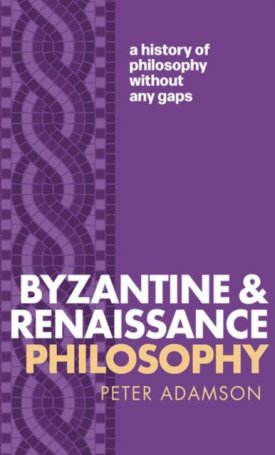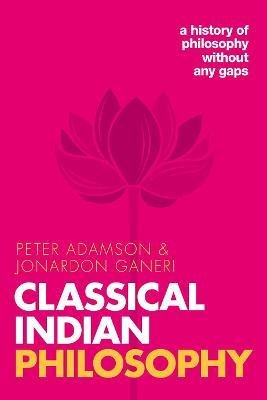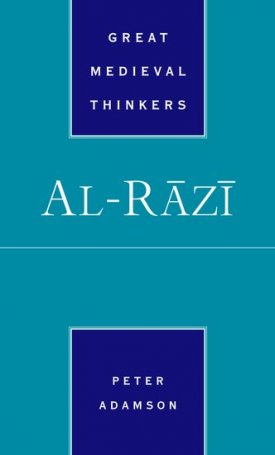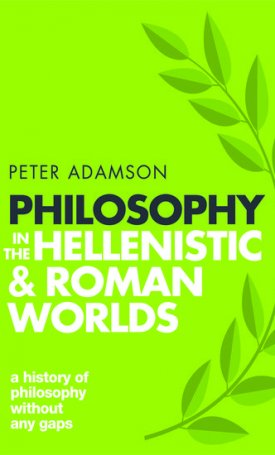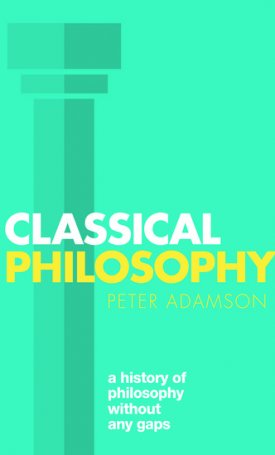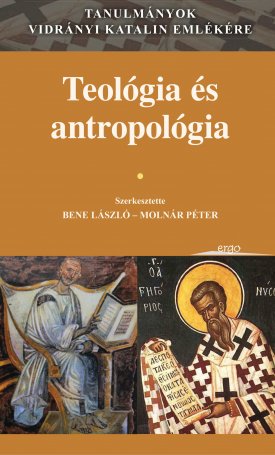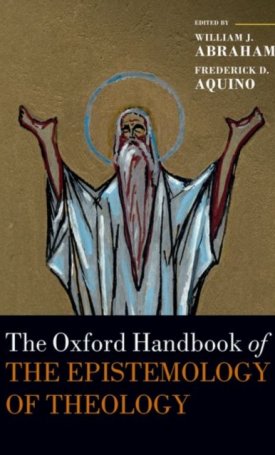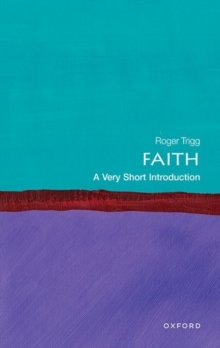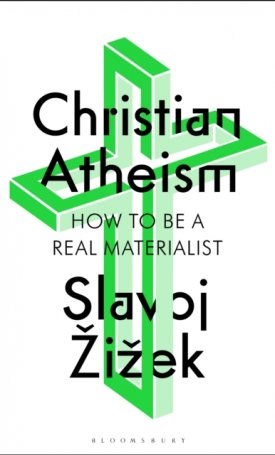Philosophy in the Islamic World - History of Philosophy without any gaps, Volume 3
ISBN: 9780198818618
Language: english
Size: 156*260
Weight: 544 g
Page no.: 544
Publish year: 2016
Philosophy in the Islamic World - History of Philosophy without any gaps, Volume 3
The latest in the series based on the popular History of Philosophy podcast, this volume presents the first full history of philosophy in the Islamic world for a broad readership. It takes an approach unprecedented among introductions to this subject, by providing full coverage of Jewish and Christian thinkers as well as Muslims, and by taking the story of philosophy from its beginnings in the world of early Islam all the way through to the twentieth century. Major figures like Avicenna, Averroes, and Maimonides are covered in great detail, but the book also looks at less familiar thinkers, including women philosophers. Attention is also given to the philosophical relevance of Islamic theology (kalam) and mysticism—the Sufi tradition within Islam, and Kabbalah among Jews—and to science, with chapters on disciplines like optics and astronomy. The book is divided into three sections, with the first looking at the first blossoming of Islamic theology and responses to the Greek philosophical tradition in the world of Arabic learning. This `formative period` culminates with the work of Avicenna, the pivotal figure to whom most later thinkers feel they must respond. The second part of the book discusses philosophy in Muslim Spain (Andalusia), where Jewish philosophers come to the fore, though this is also the setting for such thinkers as Averroes and Ibn Arabi. Finally, a third section looks in unusual detail at later developments, touching on philosophy in the Ottoman, Mughal, and Safavid empires and showing how thinkers in the nineteenth to the twentieth century were still concerned to respond to the ideas that had animated philosophy in the Islamic world for centuries, while also responding to political and intellectual challenges from the European colonial powers.
- This will be the most readable and entertaining history of philosophy
- The first comprehensive introduction to philosophy in the Islamic world, from Spain to South Asia
- Guides the reader through more than a thousand years of philosophy
- Short, lively conversational chapters with vivid and humorous examples
- Explores the interplay of Muslim, Jewish, and Christian ideas and their sources in the ancient world
- No prior knowledge of philosophy, of Islam, or of history of the Islamic world required
- No gaps! Tells the whole story, not just the most famous bits
- A self-standing volume—may be read independently of others in the series
Table of Contents
Part I: The Formative Period
1: The Straight Path: Philosophy and Islam
2: All for One: The Mu`tazilites
3: Founded in Translation: From Greek to Syriac to Arabic
4: Philosopher of the Arabs: al-Kindī
5: The Chosen Ones: Philosophy and Judaism
6: Reasoned Belief: Saadia Gaon
7: High Five: al-Rāzī
8: Aristotelian Society: the Baghdad School
9: The Second Master: al-Fārābī
10: State of Mind: al-Fārābī on Religion and Politics
11: Eye of the Beholder: Theories of Vision
12: Strings Attached: Music and Philosophy
13: Balancing Acts: Arabic Ethical Literature
14: Undercover Brothers: Philosophy in the Buyid Age
15: God Willing: the Ash`arites
16: The Self-Made Man: Avicenna`s Life and Works
17: By the Time I Get to Phoenix: Avicenna on Existence
18: By All Means Necessary: Avicenna on God
19: Into Thin Air: Avicenna on the Soul
20: Special Delivery: al-Ghazālī
21: Miracle Worker: al-Ghazālī against the Philosophers
Part II: Andalusia
22: Philosophy`s Reign in Spain: Andalusia
23: Laying Down the Law: Ibn Ḥazm and Islamic Legal Theory
24: Fantasy Island: Ibn Bājja and Ibn Tufayl
25: Back to Basics: Averroes on Reason and Religion
26: Single Minded: Averroes on the Intellect
27: A Matter of Taste: Ibn `Arabī and Mysticism
28: Team Spirit: Ibn Khaldūn
29: Matter over Mind: Ibn Gabirol
30: Choosing My Religion: Judah Hallevi
31: Born Under a Bad Sign: Freedom and Astrology in Jewish Philosophy
32: With All Your Heart: Ethics and Judaism
33: The Great Eagle: Maimonides
34: He Moves in Mysterious Ways: Maimonides on Eternity
35: Burnt Offerings: the Maimonides Controversy
36: Man and Superman: Gersonides and the Jewish Reception of Averroes
37: Neither the Time nor the Place: Ḥasdai Crescas
38: When Bad Things Happen to Good People: Suffering in Jewish Philosophy
39: Chariot of Fire: Kabbalah
40: A Matter of Principles: Joseph Albo and Isaac Abravanel
Part III: The Later Traditions
41: Golden Ages: The Later Traditions
42: All Things Considered: Abū l-Barakāt al-Baghdādī
43: For the Sake of Argument: Fakhr al-Dīn al-Rāzī
44: Let There Be Light: Suhrawardī
45: Bright Ideas: Illuminationism
46: A Man for All Seasons: Naṣīr al-Dīn al-Ṭūsī
47: To Be or Not to Be: Debating Avicenna`s Metaphysics
48: Eyes Wide Shut: al-Rūmī and Philosophical Sufism
49: Proof Positive: The Logical Tradition
50: By the Book: Ibn Taymiyya
51: Aftermath: Philosophy and Science in the Mongol Age
52: Family Feud: Philosophy at Shīrāz
53: Follow the Leader: Philosophy under the Safavids
54: To Be, Continued: Mullā Ṣadrā on Existence
55: Return to Sender: Mullā Ṣadrā on Motion and Knowledge
56: Subcontinental Drift: Philosophy in Islamic India
57: Turkish Delights: Philosophy under the Ottomans
58: Blind Alley: Taqlīd, Sufism, and Philosophy
59: The Young Ones: Encounters with European Thought
60: The Stronger Sex: Women Scholars in the Islamic World
61: All for One and One for All: Muḥammad `Abduh and Muḥammad Iqbāl
62: Iran So Far: The Heirs of Mullā Ṣadrā
Author Information
Peter Adamson, Ludwig-Maximilians-Universität München
Peter Adamson took his doctorate from the University of Notre Dame and first worked at King`s College London. In 2012 he moved to the Ludwig-Maximilians-Universität München, where he is Professor of Late Ancient and Arabic Philosophy. He has published widely in ancient and medieval philosophy, especially on Neoplatonism and on philosophy in the Islamic world.
Series: A history of philosophy without any gaps
Category: Filozófia / vallásfilozófia





